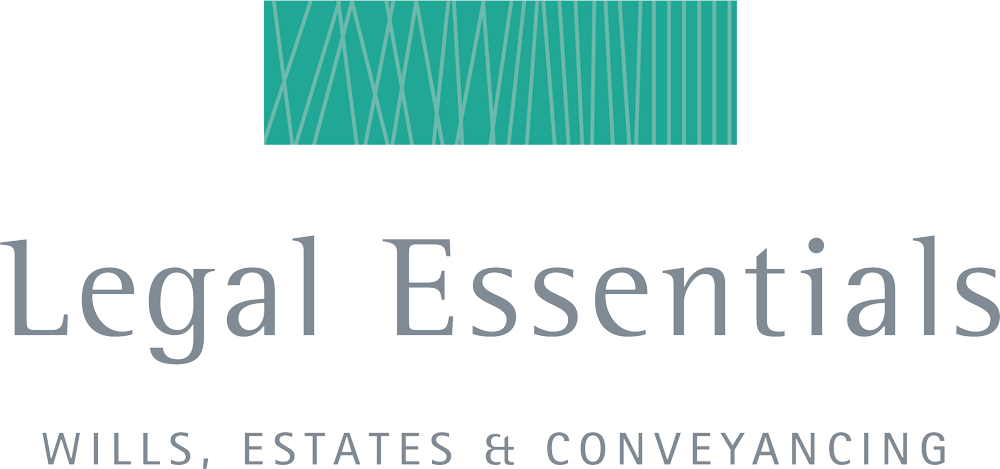If you or a parent are entering Aged Care, it can be overwhelming. Quite apart from the emotional upheaval, the financial implications can be complex, and good quality financial advice is a must.
But equally important is making sure you review your estate planning at the same time. You need to make sure your Will is up to date and, very importantly, that you have Enduring Powers of Attorney in place which allow a person of your choice to make decisions for you if you cannot. It is also a great idea to make sure that person knows your wishes about what is important to you in making those decisions.
Increasingly we are also seeing two interesting scenarios which need special attention:
Children paying for the RAD
When a person moves into aged care, there is a Refundable Accommodation Deposit to be paid. To the extent that this is not paid interest accrues on it, so often the financial advice is that payment of as much as possible is desirable.
However, where the person moving into Aged Care does not have the funds to make the payment, we are increasingly seeing one of their children making that payment for them. The child assumes that this money will come back to them when their parent passes away.
What is surprising to most, however, is that this money almost invariably is repaid to the deceased parent's estate, and not to the child who paid the money. This means the money is subject to the directions in the deceased parent's Will, and the child needs to prove their payment in order to get it back. While this can be straightforward, where there is a fighting family (all too common!), the child runs a risk of not getting the money back.
It is important that if a child does pay for a parent's RAD, that an agreement is also done to make sure that money comes back to them.
Granny Flat Agreements
We are also seeing a higher number of elderly people moving in with their adult child. This often involves renovations to the child's house to accommodate them, or the construction of a separate dwelling on the child's property. Conversely, we also see adult children moving in with parents to provide care.
There are a lot of considerations to be taken into account in these situations and future articles will explore this in more detail. For the purposes of this article, clients need to be aware that:
- There are special Centrelink rules around the situation where a parent pays money to their child to fund the changes to their house or construction of a dwelling. These need a legal agreement behind them known as a "Granny Flat Agreement".
- This Agreement should also cover a range of scenarios, such as:
- What if the parent needs to move into aged care? Is the child responsible for funding the RAD in that case?
- What if the child needs to sell their home? Is the parent entitled to any share of the sale?
- Ensuring the elderly parent's Will is up to date is especially important, as the differing treatment of one child due to care arrangements may need to be adjusted for in the Will.
Conclusion
This is a very brief overview intended only to flag some of the estate planning issues that arise when considering aged care and granny flats. This is a complicated area, but there are experts out there to help you. Please give us a call so we can guide you in the right direction.
